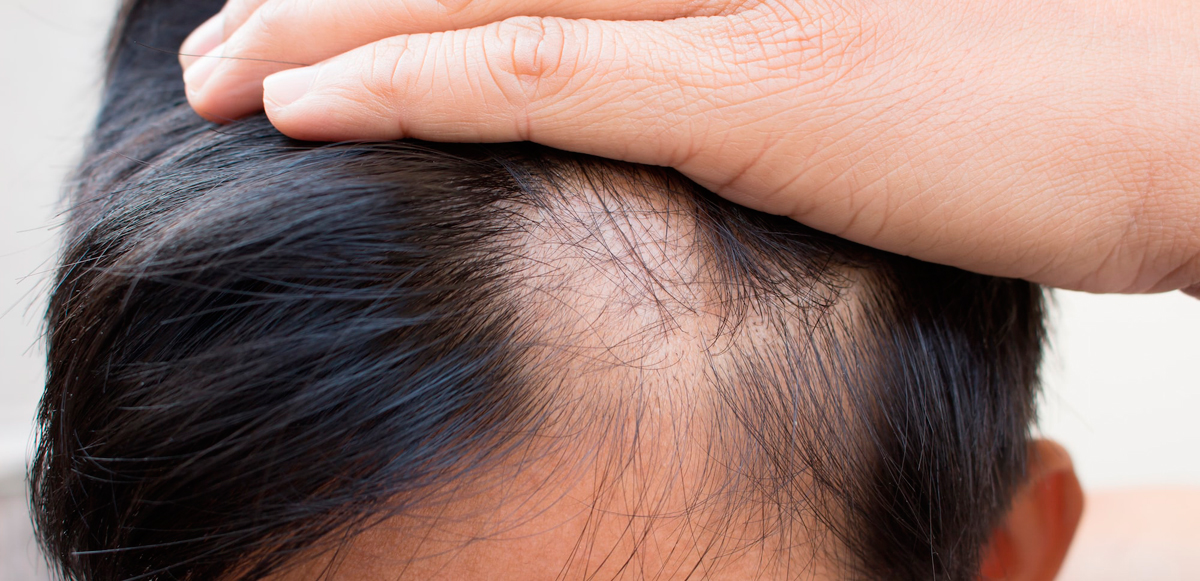Medical hair loss treatments include finasteride which is a prescription drug that comes in the form of a pill. It is taken once daily to block the activity of an enzyme which metabolizes testosterone to an element, known as dihydrotestosterone (DHT), which impedes hair growth. Finasteride is not suitable for women with hair loss. Minoxidil is a medication applied to the scalp once or twice a day to promote additional blood flow to the scalp, enlarge hair follicles and keep them in the growth cycle longer. This slows the progress of hair loss and allows the hair to grow for a longer period of time. Minoxidil can treat hair loss in men and certain types of hair loss in women.




